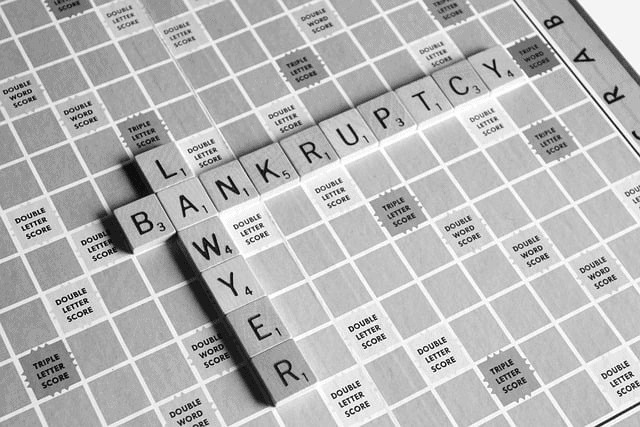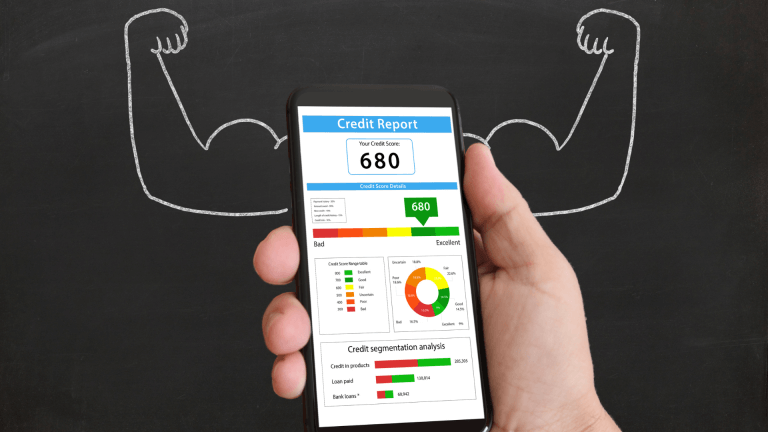Little Rock Chapter 7 Attorneys
Chapter 7 Lawyers in Little Rock, AR Helping You Understand Your Options
Has your debt spiraled out of control to the point where creditors are mercilessly harassing you? Take a stand and give yourself some relief by consulting our Little Rock Chapter 7 Bankruptcy Attorneys. Doing so may very well qualify you for a Chapter 7 bankruptcy, allowing you to take back control over your finances.
In Little Rock, Chapter 7 bankruptcy is the most convenient and effective way to legally wipe out your debt. This type of “traditional” bankruptcy allows you to erase all of your debts – with a few exceptions like taxes, student loans, and domestic support obligations (alimony and child support) – providing you an opportunity for a fresh start.
What debts can you clear with a Little Rock Chapter 7 Bankruptcy?
Chapter 7 bankruptcy can help you get rid of these types of debt:
- Credit card debts
- Unsecured loans
- Medical bills
- Judgments/Law Suits
- Tax Penalties and Unpaid Taxes Over 4 Years Old
Some people think that Chapter 7 bankruptcy means they have to sell everything they own to pay their creditors. This is not true! The laws protect your assets, up to a certain amount.
If you are looking for financial freedom, filing Chapter 7 bankruptcy might be the answer. When done properly and guided by a trustworthy Little Rock bankruptcy attorney – all of your assets can remain intact! You don’t have to worry about losing any possessions; everything will stay with you throughout this process. Don’t wait another day to regain control over your finances – contact an experienced Chapter 7 lawyer today!
You’ll be thrilled to discover that you can get rid of all your unsecured debts while still protecting what is yours. Once you’re up-to-date with your mortgage and car payments, it’s possible for these assets to stay in your possession – no questions asked!.
Every case is unique, so consult with a knowledgeable chapter 7 bankruptcy lawyer in Little Rock to assess exactly how the law can be utilized to benefit you, your family, and any possessions.
Don’t believe the lies that you make too much money to be eligible for Chapter 7 – it’s your lucky day! Here, you will find an attorney who is well-versed in bankruptcy laws and knows exactly how to leverage these regulations so they work best in your favor.
For those who thought they were ineligible for Chapter 7 bankruptcy, discovering that they can actually qualify is often a huge weight off their shoulders. As soon as their case has been filed, the pressure of debt melts away and they are well on their way to complete debt relief.
To make the best legal decision for you or your business, enlisting a seasoned and savvy lawyer is essential. With their skillset and expertise, they can help guide you to an informed judgment.
What can you Keep in Chapter 7?
Are you terrified of submitting assets for your Chapter 7 or 13 bankruptcy case? Do not worry! Everyone must list all their possessions, regardless of whether it is real estate or individual property.
Thanks to bankruptcy laws, a majority of people can protect their property and wipe away debt without having to worry about creditors. Although there is an upper limit on the amount that’s protected by these laws, it generally falls below what most individuals own which makes them eligible for discharging debt in bankruptcy.
You might have property that you are using as collateral for a loan. For example, you might have a mortgage on your house or a car loan. In most cases, you can keep the property and continue to pay for it.
It is important to know that your retirement accounts are usually protected from being taken away. This means you should not use your retirement money to pay off debt. You can talk to someone who knows the laws about this before making a decision.
The following is a list of some of the property that is protected if you file for Chapter 7 bankruptcy:
- Equity in your home
- Equity in a vehicle
- A burial plot
- Personal property like clothing and jewelry, books, musical instruments, and pets
- Health Aids
- Crops and animals
- Household items including appliances, furniture, etc
- Tools, books, and implements required for your employment referred to as “tools of the trade”
- Child support payments
- Most life insurance policies
- Retirement accounts
- Wrongful death awards and personal injury awards
- Public assistance, Social Security, disability benefits, veterans’ benefits, and unemployment compensation benefits
You might have heard that if you file for Chapter 7 bankruptcy, you will lose all your stuff. But that’s not true! You usually get to keep everything you need to live your normal life, without the debt.
How Chapter 7 Bankruptcy Works
Chapter 7 Bankruptcy usually works like this:
You will need to meet with your Little Rock chapter 7 bankruptcy attorney and fill out some paperwork. This paperwork will include a list of all your assets, all your debts, your current income, and other information.
In your paperwork, you must also indicate whether there are any financial obligations that you want to reaffirm. Affirming a debt implies that rather than eliminating it, you would like to keep paying for it.
The most common debts that people reaffirm are home mortgages and car loans. If you want to keep your house or car, then you will need to reaffirm the debt and continue making payments on those items.
Before you can file your case, you need to finish an instructional class called Credit Counseling. You don’t have to sit in a classroom for this.
You can take the class online or over the phone. It only takes a few minutes to finish the class. Your lawyer will usually have a place that they want you to use to take the class.
Once you have signed everything and finished your Credit Counseling class, your attorney will file your case. In bankruptcy cases, everything is filed electronically. The computer will automatically assign a trustee and a bankruptcy judge to your case after it is filed.
If you file for bankruptcy, you have to attend a meeting with your trustee. This meeting is called the “Meeting of Creditors” because not only does your trustee get to ask you questions about your bankruptcy case, but creditors also get to question you as well.
Do not worry if a creditor asks you questions at the meeting. This does not happen often and only happens when there is a complicated debt or issue in the case. Most bankruptcy filers have regular debt like medical bills and credit cards, and will only need to answer a few simple questions from the trustee.
After you file your case, you will need to agree to any reaffirmation agreements.
Once you attend the Meeting of Creditors and answer any questions, you are finished! The creditors and trustee have a specific amount of time to object to your discharge. But once their period is over, the judge will enter in a discharge order; erasing all debts from your slate permanently. Of course, there are other tasks that need completing before filing for bankruptcy under Chapter 7; however this should give one an idea about what happens throughout the process.
Find Out if Chapter 7 Bankruptcy Is Right for You
If you’re looking to move in a financially positive direction, Chapter 7 of the law may be your best bet. At wh Law, we specialize in assisting individuals with their debt problems and our team is here for you each step of the way. When times get tough, our lawyers are prepared to provide guidance and support – so that you can achieve financial freedom without any hassle. Reach out today if you want more information on how we can help!



